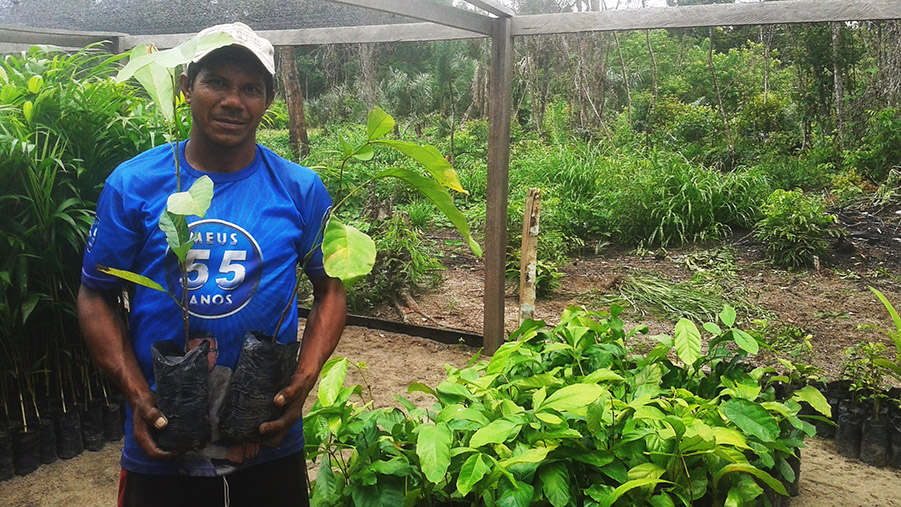
Carbono Neutro Idesam planta mais de 3,4 mil mudas na reserva do Uatumã
Açaí, andiroba and graviola were the species planted by the producers.
By Henrique Saunier
Translated by Fernanda Barbosa and Felipe Sá
Photo: Jefferson Araújo
Over 3.4 thousand seedlings of different species were planted in the Uatumã Sustainable Development Reserve in the first two months of 2018 as part of Idesam’s Carbon Neutral Program (PCN, in Portuguese) actions. The planting envisages the compensation of greenhouse gas emissions (GHG) through the recovery of degraded areas.
Eight of the twenty seven Agroforestry Systems that are tracked by Idesam received additional areas and the planting of seedlings in approximately three hectares. Açaí, andiroba and graviola represented the majority of trees planted, and the choice was made due to the tree’s productive and market access potential.
The cultivated areas in 2018 were previously chosen based on a survey conducted in 2017, besides taking the producer´s commitment with their SAFs into consideration. During the planting, Idesam’s group of technicians carried the inputs around the entire RDS area, taking agricultural calcareous, natural phosphate, cattle manure, diggers, machetes and seeds to facilitate the lives of the producers.
Jefferson Araújo, one of the technicians responsible for the activity, points out that the planting happened as planned, respecting the seedlings’ period of acclimatization (a kind of adaptation to the local weather), which avoided greater losses in spite of more recurrent rains at the time.
Far beyond planting seedlings, Idesam’s on-site activities created opportunity for talks and courses on improvements of planting practices for Agroforestry Systems. “The team members and producers discussed fertilization practices, planting of seedlings and agroforestry systems. It is important to emphasize that the material’s transportation (necessary to the planting) becomes quite expensive because of freight and labor, two essential items”, Araújo mentions.
To the program’s planting coordinator, Ramom Morato, it is important that these beneficiaries identify as members of a group, that they get back to working joining their efforts and that the Reserve can be a reference in agroecology and sustainable practices – which has happened, in his evaluation. Morato also highlights the promotion of exchange between investors and beneficiaries, inserting RDSU residents in a context of sustainable community-based tourism.
“The main return comes at the beginning, because seedlings and seeds are sold by people from the Reserve that were trained in seeds collection, tree climbing and seedling preparation to supply the Carbon Neutral Program itself. There are four nurseries inside the reserve in strategical spots, and the implementation and preparation of the area are carried out by community members, who are qualified to perform the tasks and receive daily wages”, Morato explains.
To complement the income generation strategies, Idesam will implement a plant for the extraction of vegetable oils this year (2018). Currently, Uatumã RDS is already included in the “Origens Brasil” label for socio-biodiversity products and market expansion.

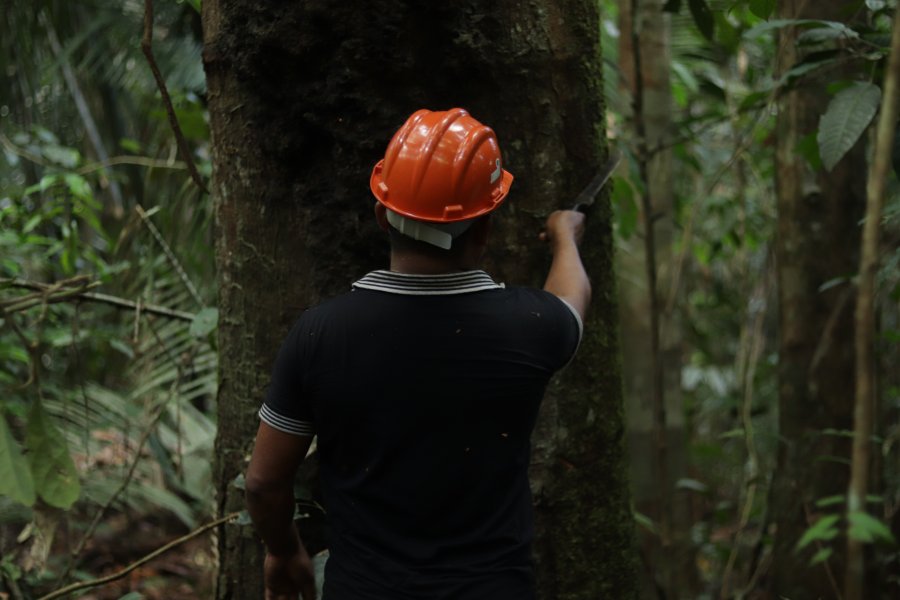
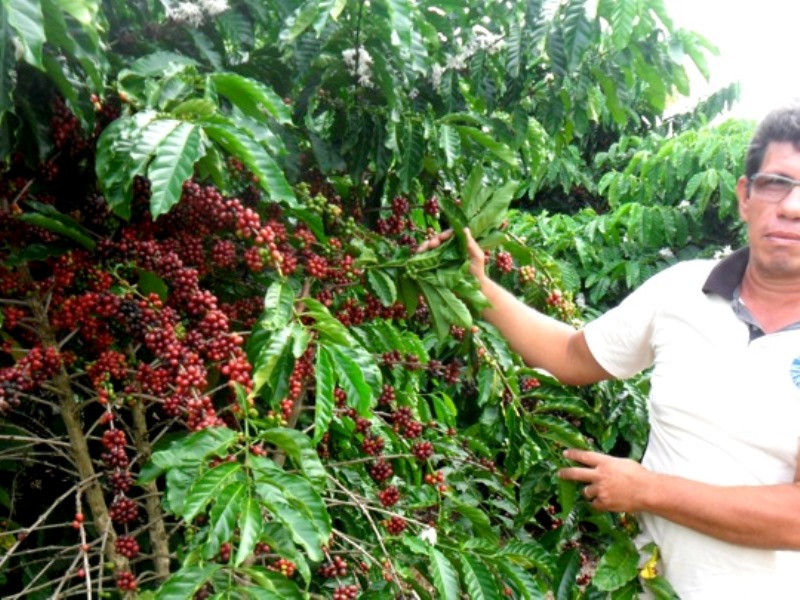
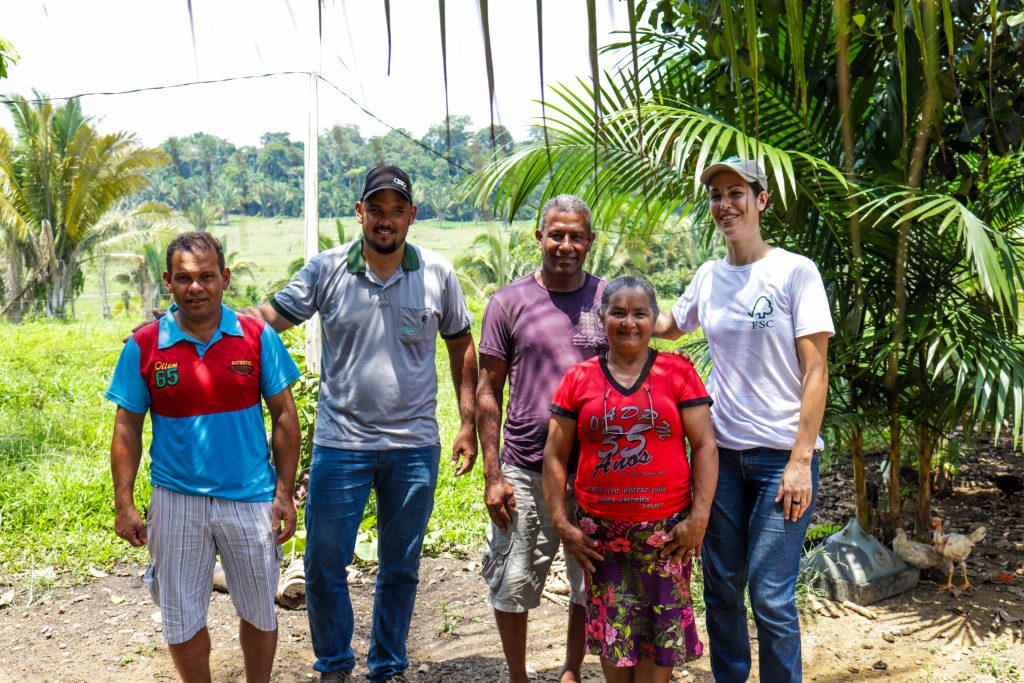
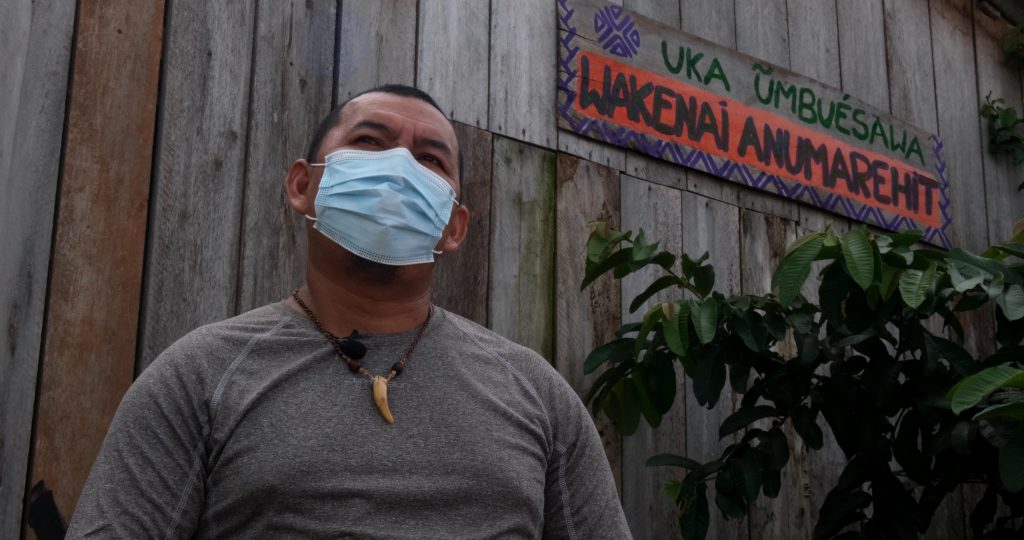
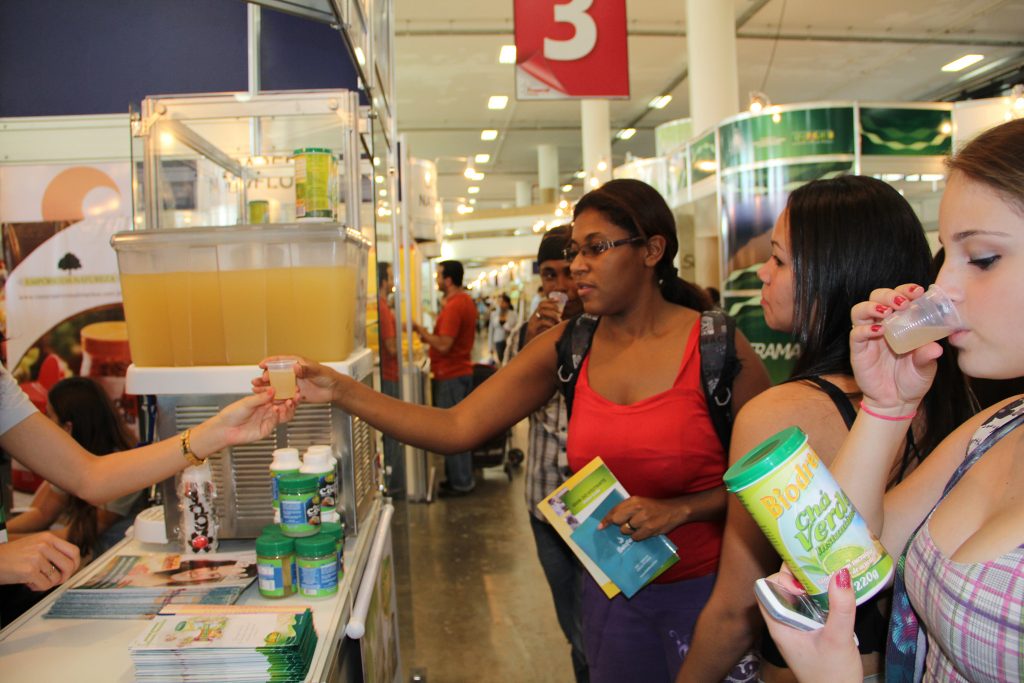
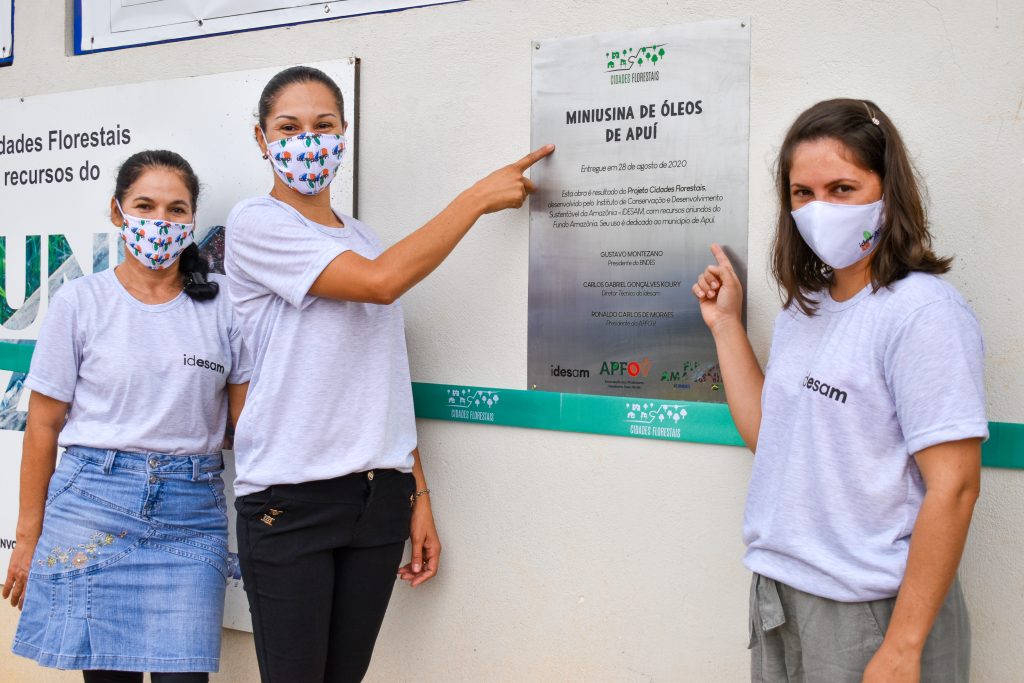
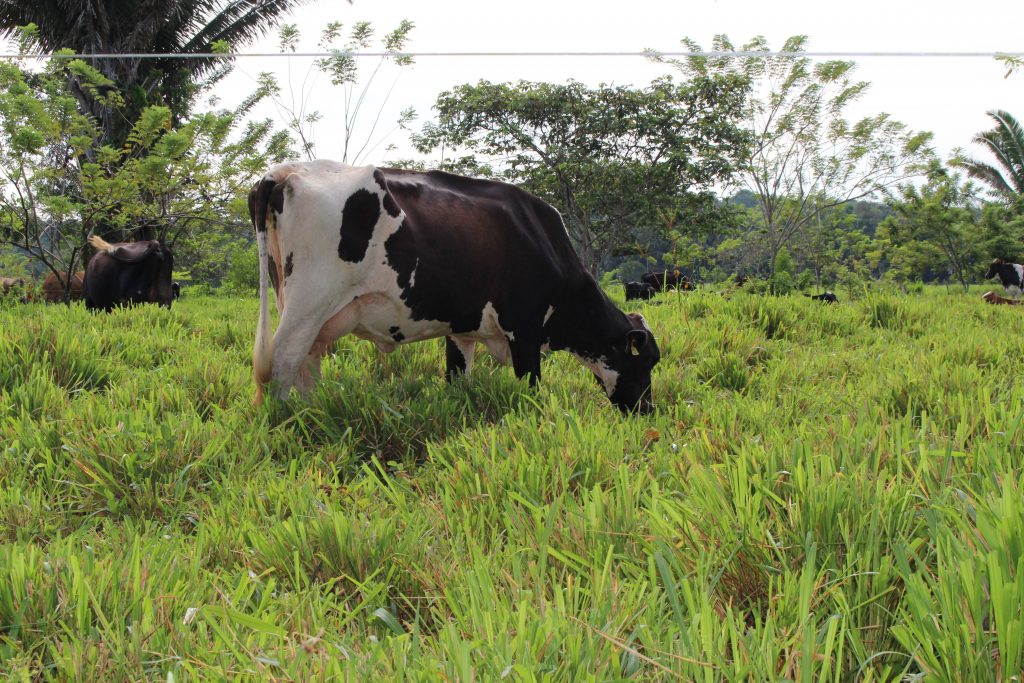
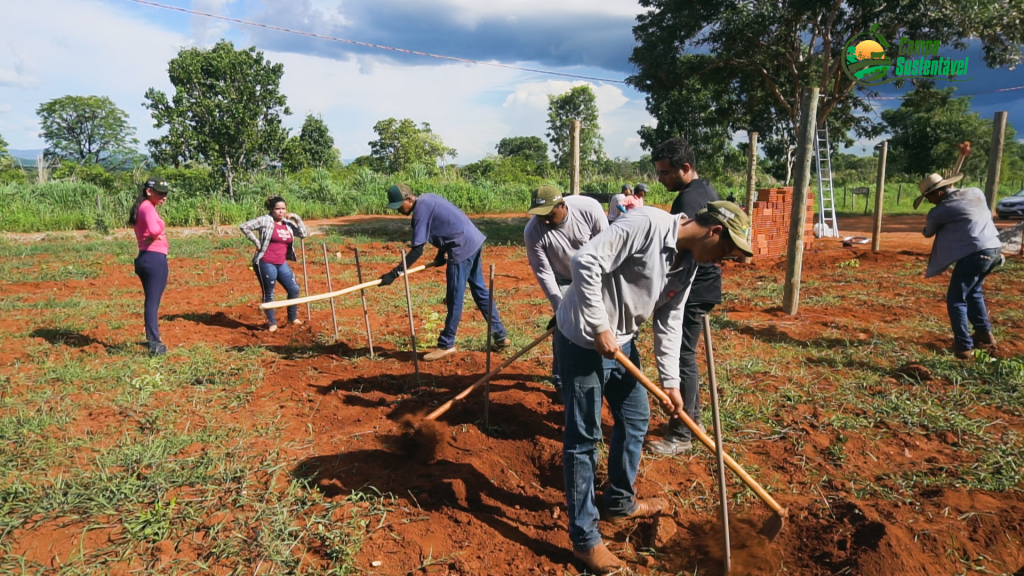
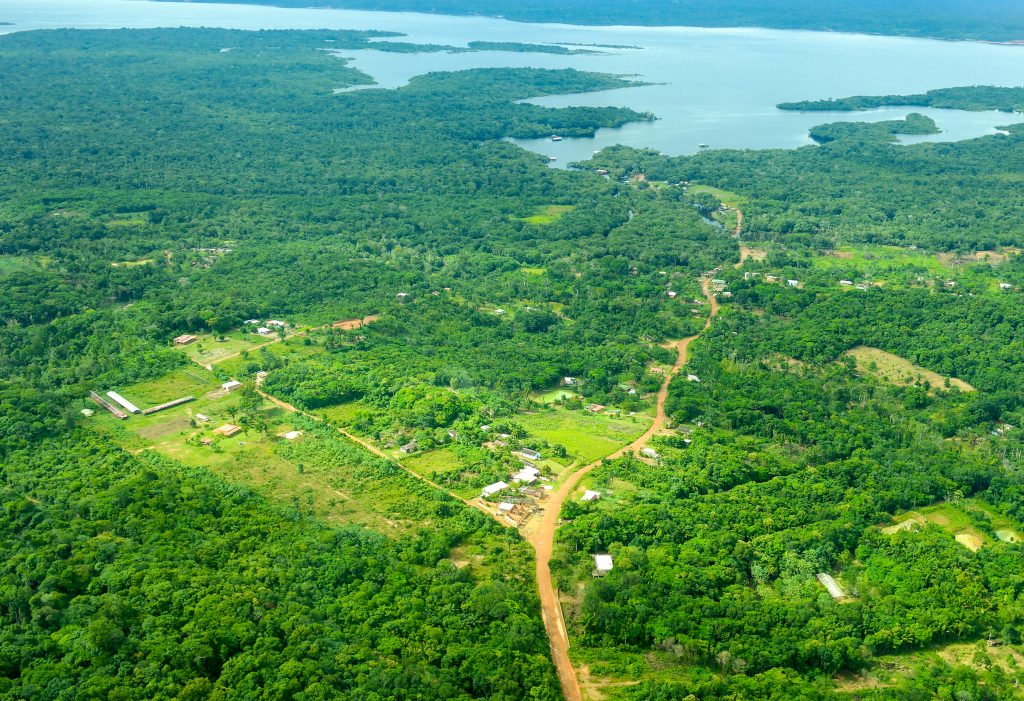

Leave a Reply